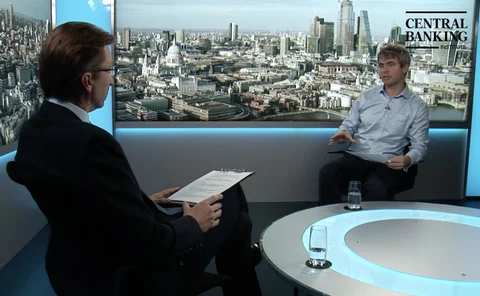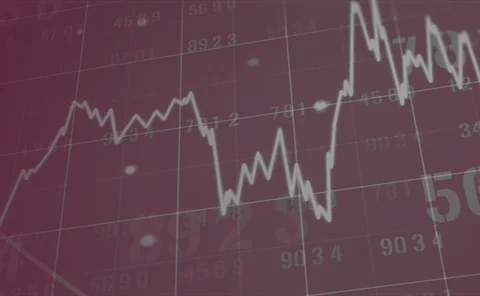Financial Stability 2021
Most respondents externally accountable on financial stability
All responding central banks said they publish a financial stability report at least once a year
Financial stability powers are sufficient, say most central banks
Two African central banks say they urgently need more powers over financial sector
Pandemic is top stability concern for benchmark respondents
House prices, cyber crime and crypto assets are also major worries for central banks
Many benchmark respondents concerned over AML/CFT risks
Participants based in Americas especially concerned over rise in money-laundering risks
Stark differences between financial stability department resources
Powers may be more important than staff numbers and budget to carry out function
More macro-pru tools needed, say some central banks
Some benchmark respondents say they lack legal framework for macro-prudential powers
Emerging nations favour different macro-prudential tools
Respondents from richer countries use counter-cyclical buffers more than emerging market peers
Many central banks are sole macro-pru agency
Two-thirds of respondents say central bank alone can impose macro-prudential restrictions
Wide range of financial stability arrangements among central banks
Boards are prime financial stability decision-making body at many participants
Banks resolved in almost half of jurisdictions surveyed
Jurisdictions with more bank resolutions had higher NPL levels, benchmark exercise finds
Cyber security exercises useful, say benchmark participants
Over half of participants simulate cyber attacks – a quarter do so more than once a year
Cyber attacks rising, most benchmark institutions say
Financial sector hacking attacks rose in past two years
NPLs down in nearly 70% of jurisdictions, despite Covid-19
Lower income nations hit harder than most during past five years; Asia, Africa and Americas NPLs on different trajectory to Europe
Most central banks cannot bring criminal charges against banks
But 87.5% of institutions report they can refer these charges to other public institutions



